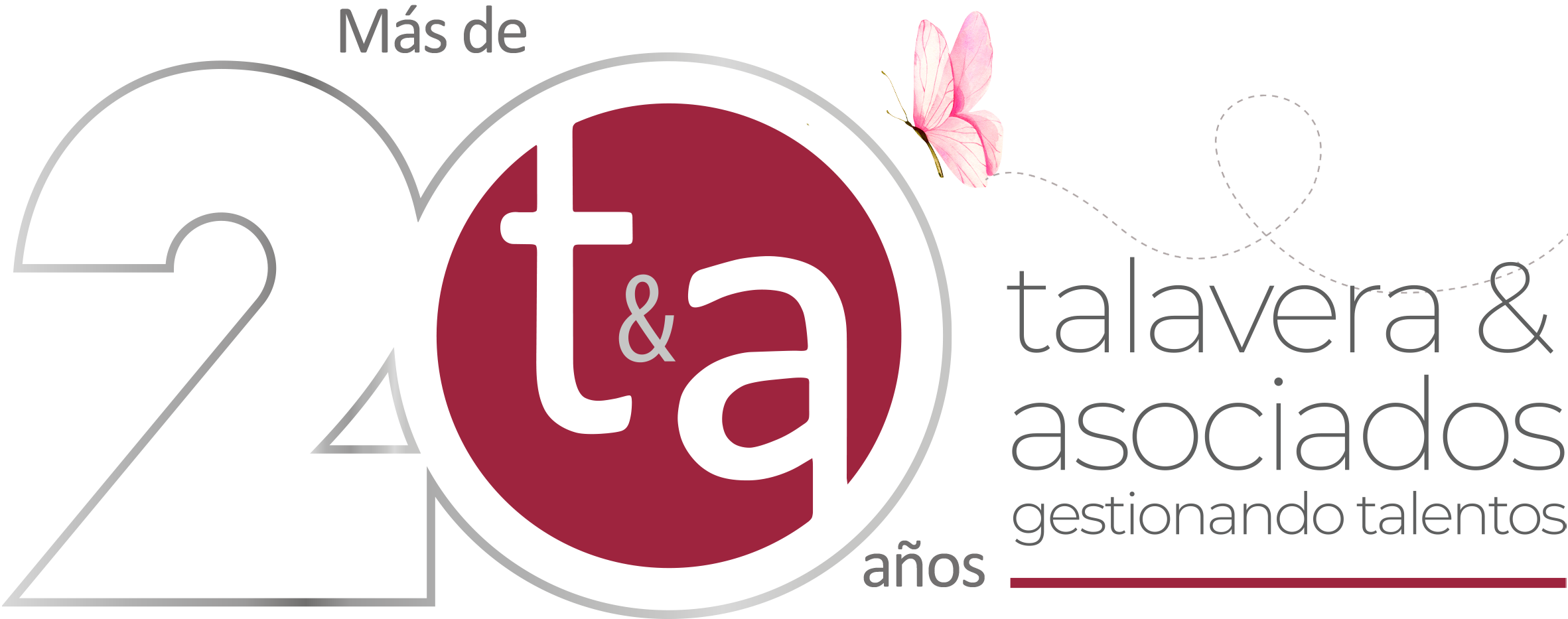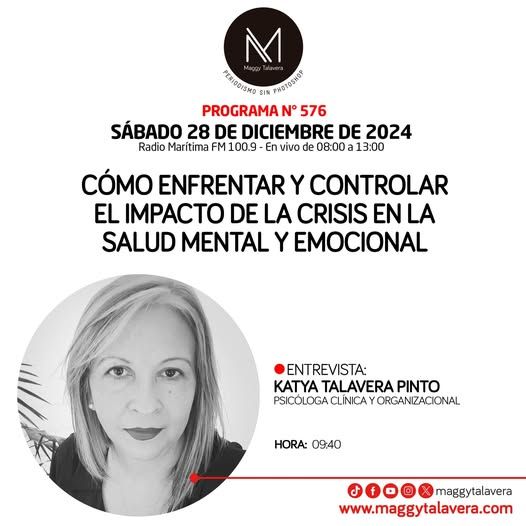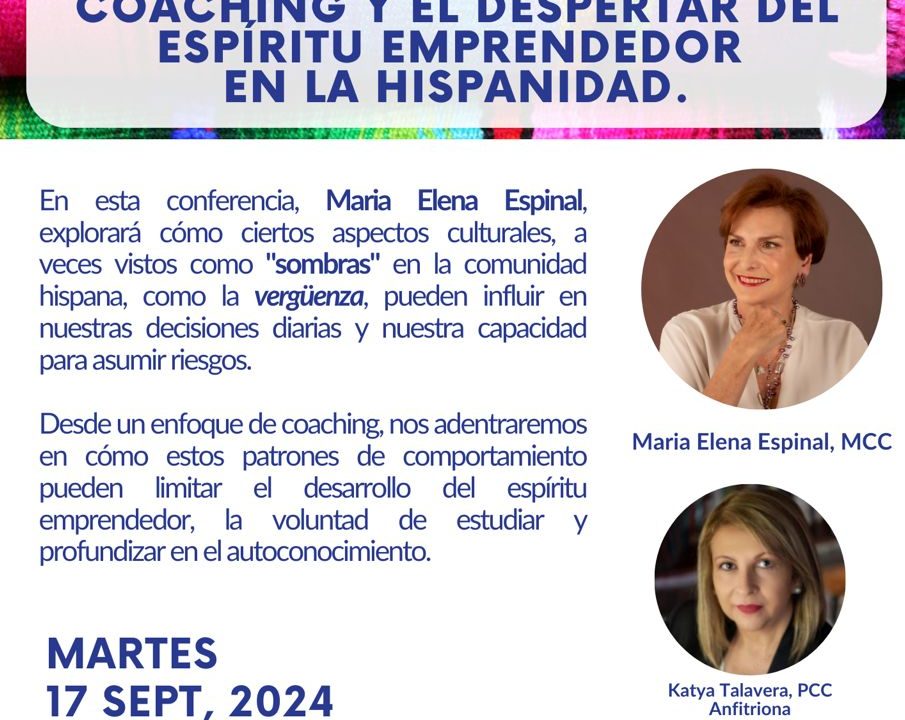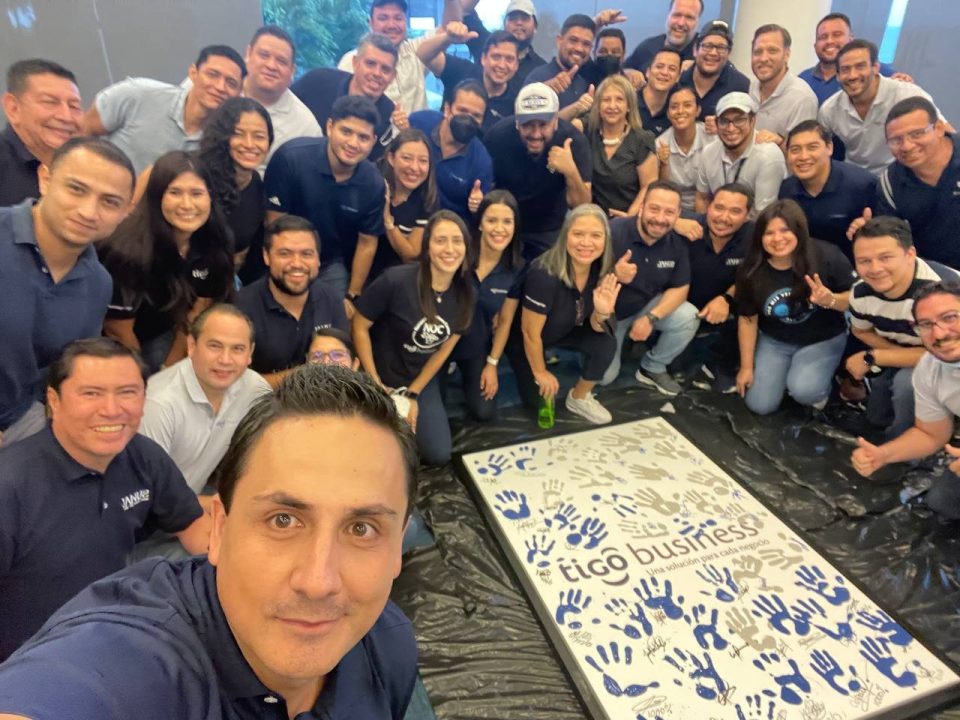Do you want to be more effective as an HR professional? Here’s how.
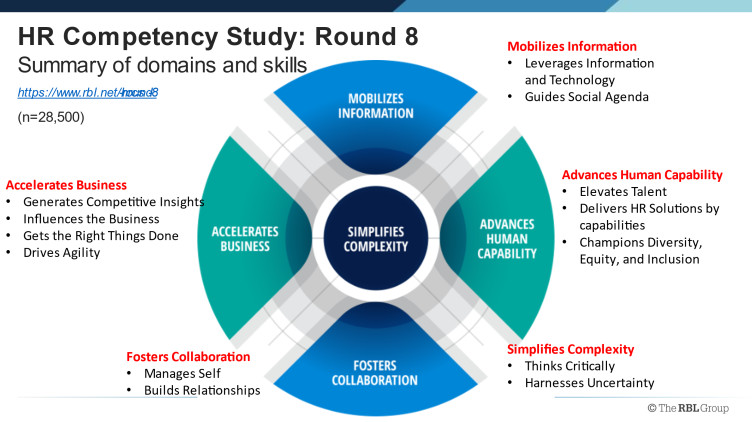
Pat Wright, Mike Ulrich, and Erin Burns reported on the recent research from the HR Competency Study eighth round—sponsored by the University of Michigan, The RBL Group, and nineteen HR associations—to show how HR competencies help deliver personal effectiveness, stakeholder value, and business results. Let me provide some commentary on this defining research to reinforce insights and implications for how to be an effective HR professional. (Full disclosure: I have been centrally involved in this HRCS research since 1987, but I am an advisor and not a principal investigator on this eighth round).
First, individual competencies matter.
My mentor, Bonner Ritchie, implanted in my reasoning that “organizations don’t think, people do.” How people think, act, and feel within organizations shapes their personal lives and the organizational setting where they work. While I have evolved his assertion to also include, “organizations shape how people think, act, and feel,” people and their individual competencies are the fundamental ingredients of any organization. If one wants to improve as an employee (a business leader or HR professional), one must master and demonstrate the right competencies. While many definitions of competencies exist, I have used this simple definition: be (who you are: character, personality), know (what you understand: mastery), and do (how you act: skills or behaviors).
Second, requisite competencies change over time.
To be effective, individual competencies need to match contextual settings. This contingency logic applies to HR professionals. Over the eight rounds of our research on HR competencies, we have seen about 30 to 40 percent of required competencies change each round (every four to five years) (see figure 1 to show how the HR competencies have morphed to navigating HR’s impact). This half-life of competencies requires professionals to continually learn and adapt. For example, in the seventh round of HRCS, paradox navigator was the competence domain that had the most impact on business results. In this round, we found that the skills of navigating paradox are woven into other domains, in other words, to accelerate business, advance human capability, mobilize information, foster collaboration, or simplify complexity (five competence domains—see figure 2) requires paradox navigation in each; it is no longer a stand-alone competence.


Third, self-report answers versus others’ observation answers on competencies vary.
This round of research has continued to find that HR professionals tend to rate themselves lower than other observers do. Our (the researchers’) cynical explanation is that individuals think others don’t know how bad they are, but our positive interpretation is that raters think others have high expectations of them that they are trying to live up to. This higher HR expectation also explains a somewhat lower overall HR competence scores in 2020–21 versus 2015. The health, social, and emotional context of 2020–21 have raised the bar on HR professionals. So when more is expected, perceptions of personal competence may go down (e.g., a very fancy restaurant gets more patron complaints than a cheap diner because of expectations).
Fourth, competence requires action.
For 25 years, we labeled competence domains as roles with adjectives defining those roles (e.g., business partner, strategic contributor, paradox navigator, credible activist, etc.). In this round, we focused on verbs and outcomes (accelerates business; advances human capability; mobilizes information; fosters collaboration; simplifies complexity). Roles imply position; verbs imply action. In the 2020–21 crises, HR professionals have had to act expeditiously to respond to the uncertainties and jolts. Your “role” is less important than the actions you take to create value for others.
Fifth, your contribution to navigating HR’s impact comes as you “accelerate business through advancing human capability.”
This meta-message reinforces that HR is not about the latest HR tools but about using those tools to accelerate business.
Accelerates business requires starting from the outside-in to recognize market conditions that shift the HR agenda. You should become business literate to know not only the language of business (e.g., financial, marketing, and strategic ideas) but how the business makes money by adapting to changing market conditions. When you meet with business leaders, the dialogue starts with business requirements so that HR becomes part of every business discussion. In previous rounds, managing change and culture were separate HR competencies. Now our statistics suggest that to accelerate business requires change (or agility in today’s lingo) and culture. They are a subset of accelerating business.
Advances human capability refers to what HR contributes to business discussions. No matter how a business is trying to win in the marketplace (e.g., low cost, product innovation, geographic expansion, customer share), you can talk about the ways to enable these goals through human capability: [1] talent (attending to employee needs, particularly diversity, equity, and inclusion in today’s world) and [2] organization (offering HR solutions in terms of organization capabilities).
Sixth, master three pathways to accelerate business throughadvancing human capability.
Mobilizing information is grounded in the technology revolution. New technologies are emerging daily (e.g., AI, machine learning, IOT, robots, virtual reality). These technologies create digital information which in turn shapes decision-making. You may not be the technology innovator, but you should be the digital information user.
Fostering collaboration is about relationships and working together. It starts by having personal credibility and being trusted and trustworthy. We found in this research that your personal credibility enables you to form positive relationships with others. Being personally credible (previously labeled credible activist or trusted advisor) cannot be separated from one’s ability to build relationships with others; they co-vary. Personal credibility without connecting with others is like a car with nowhere to go; it does not matter much.
Simplifying complexity is a challenge of today’s increasingly information-laden world. There are so many ideas, but not all ideas have equal impact. Thinking critically means being able to separate the “wheat from the chaff” and to focus on those ideas that will have the most impact for your organization. Building relationships mean mastering skills of making and receiving bids, being curious, showing empathy, repairing conflicts, celebrating success, listening, and serving.
What are the implications of these personal competencies?
Understanding and mastering these five competencies will help your personal effectiveness as an HR professional. Your competencies will impact internal (e.g., employee, business strategy) and external (e.g., customer, investor, community) stakeholders, but even more, you will have an ability to upgrade your HR department and embed business capabilities.
Invest in yourself to improve, which may include attending The RBL Group’s HR Academy (a virtual learning experience) or Advanced HR Executive Program (AHREP) at the University of Michigan (a two-week in-person experience). In addition, expand your horizon by taking on new assignments, joining project teams, and experimenting with new behaviors.
In addition, work with your regional HR association to become certified. Competence builds on certification. Being certified, or licensed, is part of many professions ranging from attorneys, doctors, financial accountants, psychologists, and so forth. Certification comes from passing knowledge tests and attaining a license to practice. Competence is how well you practice.
We hope you will master these HR competencies to deliver results that matter.
.………
Dave Ulrich is the Rensis Likert Professor at the Ross School of Business, University of Michigan, and a partner at The RBL Group, a consulting firm focused on helping organizations and leaders deliver value.
